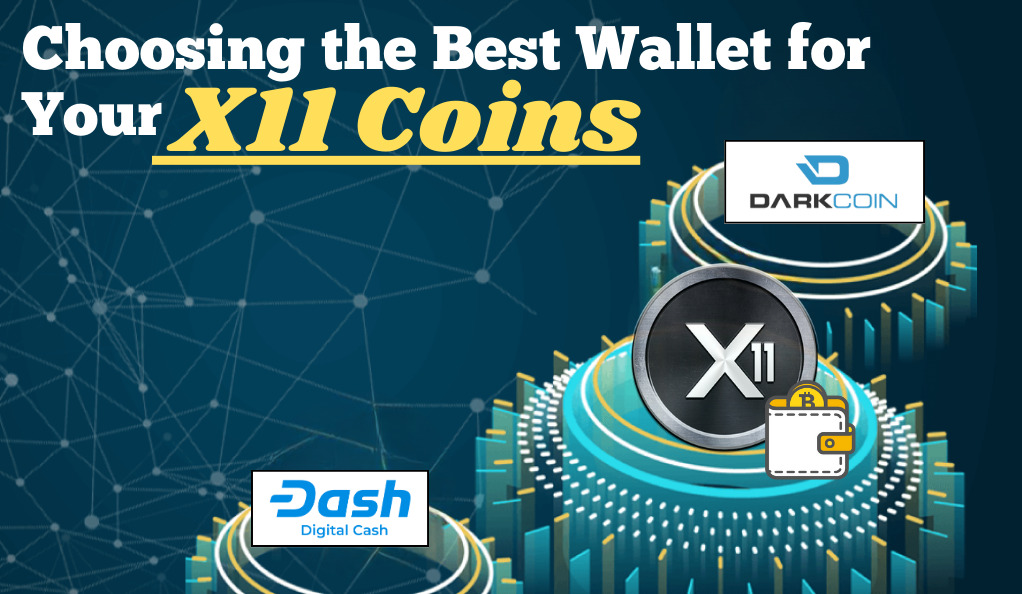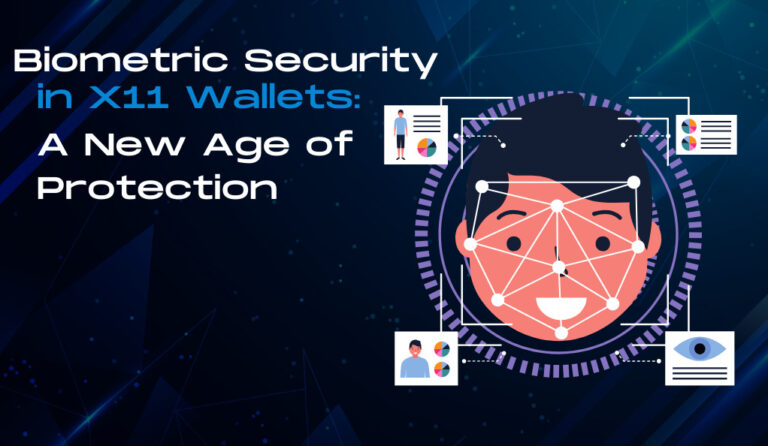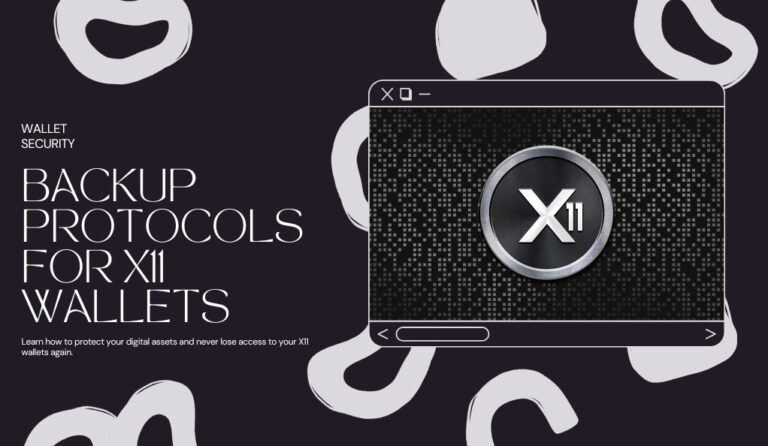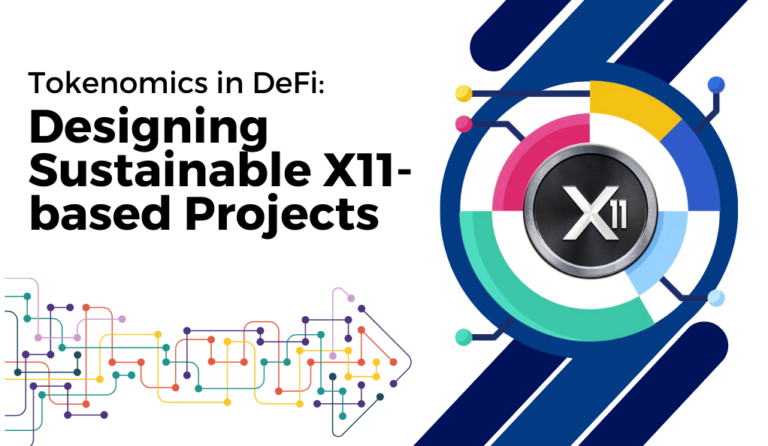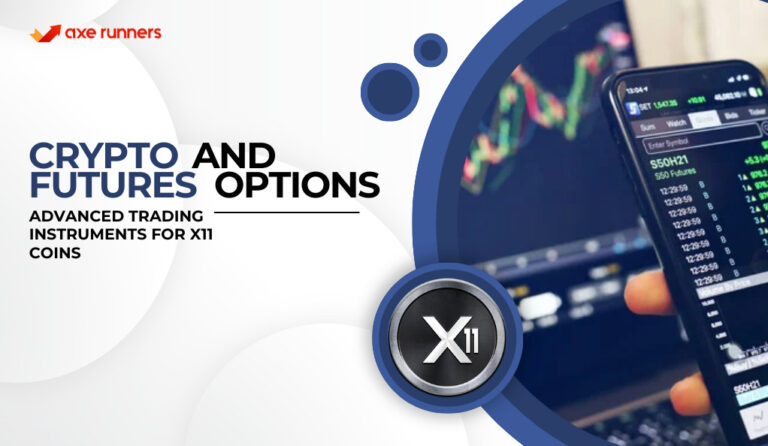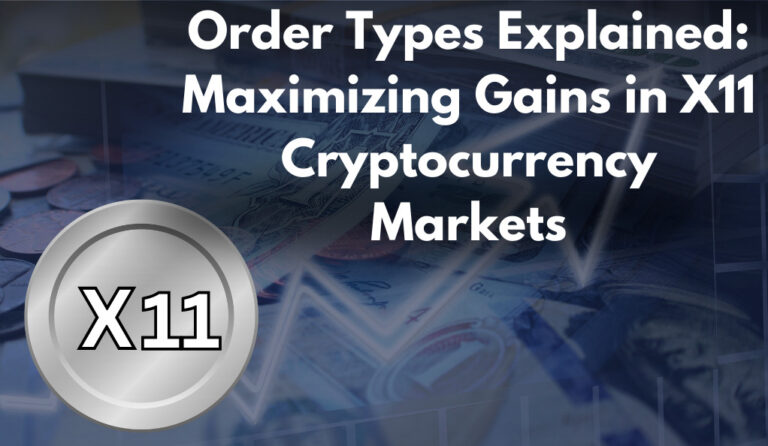Cryptocurrencies have taken the financial world by storm, offering a decentralized alternative to traditional currencies. Among the myriad of cryptocurrencies available, X11 coins stand out due to their unique algorithm and the potential they offer. As with any cryptocurrency, the security and management of these coins are of paramount importance, making the choice of a suitable wallet crucial. This article delves into the world of X11 coins, exploring their significance and providing insights into selecting the best wallet for them.
What are X11 Coins?
X11 coins refer to a category of cryptocurrencies that utilize the X11 algorithm. This algorithm is a combination of 11 different cryptographic algorithms, making it one of the most secure hashing algorithms in the crypto world. The X11 algorithm was introduced by Dash (formerly known as Darkcoin) and has since been adopted by several other cryptocurrencies.
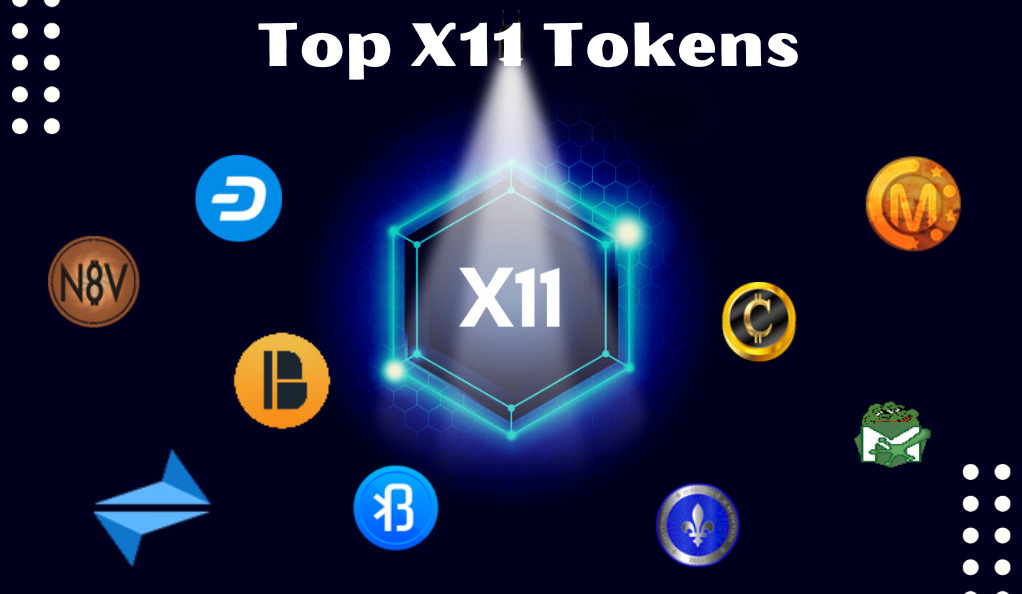
The multi-algorithm approach of X11 not only enhances security but also offers better energy efficiency during mining. This is particularly beneficial for miners as it reduces the cost of electricity and prolongs the life of mining hardware.
Why the Buzz Around X11 Coins?
The crypto community has shown a keen interest in X11 coins for several reasons:
- Security: The use of 11 different algorithms makes it extremely challenging for hackers to launch a successful attack on the network.
- Energy Efficiency: As mentioned earlier, the X11 algorithm is less power-hungry compared to other algorithms like SHA-256 (used by Bitcoin). This makes X11 mining more sustainable in the long run.
- Decentralization: The design of the X11 algorithm ensures that it remains resistant to ASIC (Application-Specific Integrated Circuit) mining for a longer time. This promotes decentralization as it allows a broader range of individuals to participate in the mining process without the need for expensive, specialized hardware.
The Importance of the Right Wallet
Just as you wouldn’t store your physical cash carelessly, the same principle applies to cryptocurrencies. A wallet acts as a digital safe, storing your X11 coins securely. The right wallet not only ensures the safety of your coins but also provides a user-friendly interface, making transactions smooth and hassle-free.
The Distinction Between X11 Coins and Other Cryptocurrencies
While the primary purpose of every cryptocurrency is to offer a decentralized transaction platform, the underlying technology can vary significantly. Here’s how X11 coins differ from others:
- Hashing Algorithm: As previously mentioned, X11 coins use a combination of 11 different hashing algorithms. In contrast, Bitcoin uses the SHA-256 algorithm, and Litecoin uses Scrypt.
- Energy Consumption: X11’s multi-algorithm approach is designed to be less power-intensive, making it more energy-efficient than many other cryptocurrencies.
- ASIC Resistance: The complexity of the X11 algorithm makes it more resistant to ASIC mining, at least for a more extended period compared to other coins. This ensures a more decentralized mining process.
Why Wallet Choice Matters
Cryptocurrencies, by their very nature, are digital. This means they don’t exist in a physical form like traditional currencies. Instead, they exist as records on a blockchain. A cryptocurrency wallet, therefore, doesn’t “store” your coins in the conventional sense. Instead, it holds the private keys required to access and manage these coins on the blockchain.
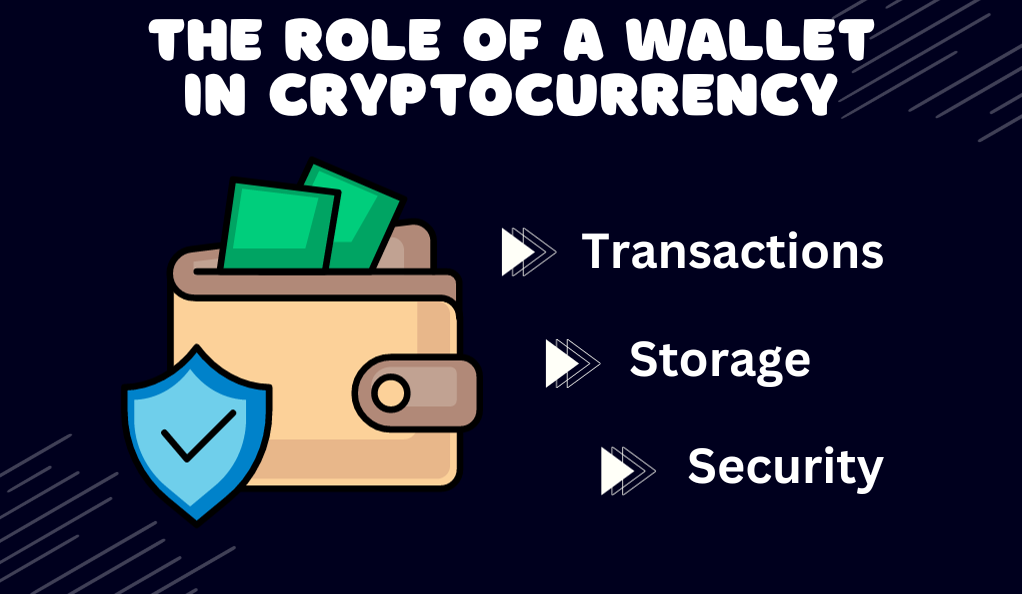
The Role of a Wallet in Cryptocurrency Management
- Security: A wallet’s primary function is to safeguard your private keys. These keys are the only way to access and manage your X11 coins. If someone else gets hold of them, they can easily transfer your coins to another address.
- Transactions: Whether you’re sending or receiving X11 coins, you’ll need a wallet. It facilitates all transactions, ensuring they are securely processed on the blockchain.
- Storage: While the term “storage” might be a misnomer, wallets do provide a secure environment to “hold” your coins. Think of it as a digital interface to interact with your cryptocurrencies on the blockchain.
Risks of Choosing the Wrong Wallet
Choosing the wrong wallet can pose significant risks. Inadequate security can lead to lost X11 coins due to hacker exploits. Additionally, some wallets might not support X11 coins, making your funds inaccessible. Furthermore, a complex interface can complicate transactions and increase error chances. It’s vital to select a wallet that ensures security, compatibility, and ease of use.
Types of X11 Coin Wallets
The world of cryptocurrency wallets is vast, with each type designed to cater to specific needs. When it comes to X11 coins, the choices are no different. Let’s explore the various wallet options available:
1. Hardware Wallets
Hardware wallets are physical devices that store your private keys offline. They are considered one of the most secure options since they are immune to online hacking attempts.
- Pros:
- High security due to offline storage.
- Immune to computer viruses.
- Can support multiple cryptocurrencies.
- Cons:
- Can be expensive.
- Physical damage can lead to loss of access (unless backed up).
2. Software Wallets
These are applications or software programs installed on a computer or mobile device. They store your private keys on the device they’re installed on.
- Pros:
- Convenient for regular transactions.
- Many offer user-friendly interfaces.
- Typically free to use.
- Cons:
- Vulnerable to malware and hacking if the device is compromised.
- Depend on the device’s security.
3. Mobile Wallets
A subset of software wallets, mobile wallets are specifically designed for smartphones. They offer the convenience of transacting on-the-go.
- Pros:
- Highly portable and convenient.
- Features like QR code scanning for quick transactions.
- Cons:
- Risk of losing coins if the phone is lost or damaged.
- Vulnerable to mobile-specific malware.
4. Web-based Wallets
These wallets run on cloud servers, allowing users to access their coins from any device with internet connectivity. They are hosted by third parties.
- Pros:
- Accessible from any location and device.
- Often come with integrated exchange features.
- Cons:
- Private keys are stored online, making them more vulnerable to hacking.
- Dependence on the third-party provider’s security measures.
Key Features to Look for in an X11 Wallet
Choosing a wallet goes beyond just deciding on the type. It’s essential to consider specific features that enhance both security and usability:
- Security Features: Look for wallets that offer two-factor authentication (2FA), multi-signature support, and robust encryption.
- User Interface and Experience: A user-friendly interface ensures that you can manage and transact your X11 coins without hassles.
- Backup and Recovery Options: Ensure the wallet provides a straightforward backup process. This is crucial for recovering your coins in case of device failures.
- Compatibility: The wallet should be compatible with various devices and platforms, especially if you intend to access your coins from multiple devices.
- Customer Support: A responsive support team can be invaluable, especially if you encounter any issues or have queries.
Popular X11 Coin Wallets: A Comprehensive Comparison
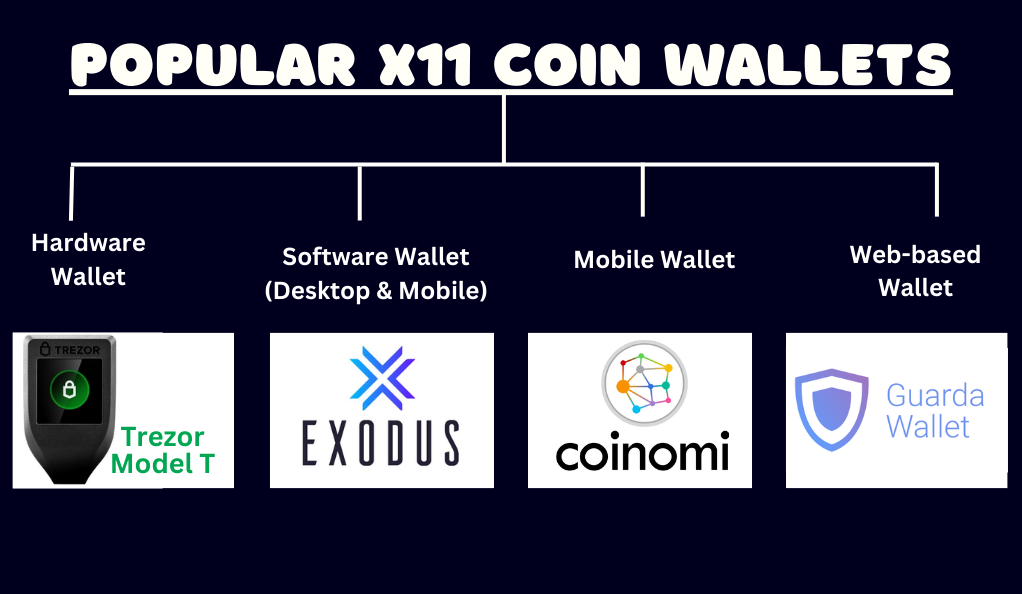
The market is flooded with a plethora of wallet options for X11 coins. To help you navigate this landscape, we’ve curated a list of popular wallets, highlighting their features, pros, and cons.
1. Trezor Model T
- Type: Hardware Wallet
- Features:
- Touchscreen interface.
- Supports multiple cryptocurrencies, including X11 coins.
- Advanced security features like PIN protection and passphrase.
- Pros:
- Highly secure due to offline storage.
- Intuitive user interface.
- Cons:
- Pricier than some other wallets.
- Requires a computer or smartphone for transaction confirmations.
2. Exodus
- Type: Software Wallet (Desktop & Mobile)
- Features:
- Built-in exchange.
- Supports a wide range of cryptocurrencies.
- Live charts and portfolio tracking.
- Pros:
- User-friendly interface.
- Offers both desktop and mobile versions.
- Cons:
- Not as secure as hardware wallets.
- Higher exchange fees compared to standalone exchanges.
3. Coinomi
- Type: Mobile Wallet
- Features:
- Multi-coin support.
- Built-in exchange.
- Strong encryption and enhanced privacy features.
- Pros:
- Convenient for on-the-go transactions.
- Supports a vast array of coins.
- Cons:
- Mobile-only, limiting access from desktop devices.
- Relies on the security of the mobile device.
4. Guarda Wallet
- Type: Web-based Wallet
- Features:
- Multi-platform support (Web, Desktop, Mobile).
- Built-in exchange and staking features.
- Secure backup and recovery.
- Pros:
- Accessible from any device with internet connectivity.
- Versatile with a range of features.
- Cons:
- Web-based wallets inherently carry more risks.
- Dependence on the platform’s security infrastructure.
Conclusion
The world of X11 coin wallets is as diverse as it is vast. Your ideal choice hinges on your specific needs, whether it’s the iron-clad security of a hardware wallet or the convenience of a mobile wallet. It’s crucial to strike a balance between security and usability, ensuring that your coins are not only safe but also readily accessible.
Remember, the crypto landscape is ever-evolving. Regularly updating your wallet software, staying informed about potential security threats, and following best practices can go a long way in ensuring the safety of your X11 coins.
At axerunners.com, our goal is to furnish well-rounded and trustworthy information regarding cryptocurrency, finance, trading, and stocks. Nonetheless, we avoid providing financial advice and instead encourage users to conduct their own research and meticulous verification.
Read More
